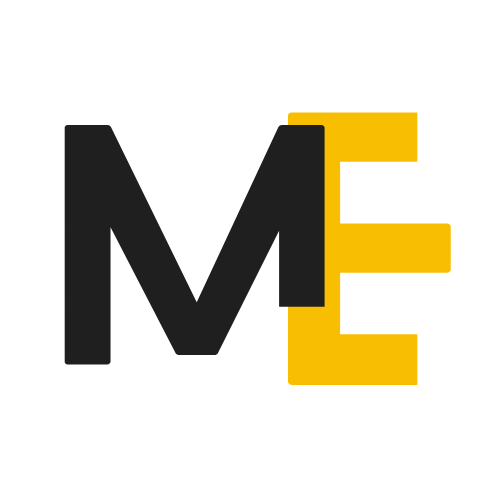Rachel Walker, Engineer at InformedK12, Talks Career Journey
Courtesy of Rebecca Goberstein
Rachel Walker is an Engineer at InformedK12. Prior to InformedK12 she was a Senior Instructor at Hackbright Academy, the Bay Area’s leading engineering school for women.
In this profile, she talks about what drew her to InformedK12 and questions that leaders should ask themselves when trying to build more diverse and inclusive teams.
Given the current conversations around racial injustice, what is something you would encourage employers to do?
Be genuine. Be transparent. Be detailed. If your company is just beginning its journey into a more diverse and inclusive space, that's okay. Let the community know what you're doing and how it's working out. Did you try something and have to course correct? Admit it. Did you find a great resource or create something useful? Share it.
These conversations should not just be happening once every few years. Being a true ally is lots of work. If your company is not constantly, actively uncomfortable, then your company is not doing the work. And Black people will see right through that.
What are some learning lessons you've had as one of the early engineers in building the engineering culture?
Every member of the team counts. You have to be extremely intentional, especially early on, to create, live and hire for the culture you want to have. Even a single engineer that is not aligned with that culture could have detrimental effects on the entire team. That is not to say teams should be closed to new ideas and positive evolution, but managers and leaders should not be afraid to let someone go if they are not aligned with positive and productive change.
“I would not consider a job unless someone in the Black community could specifically speak about a long-term or working relationship with the founders or upper management. ”
What advice do you have for engineers that want to build an inclusive engineering culture? What does that mean to you?
It has to start from the top. One diverse team does not a good organization make. It takes longer to hire for diversity, but if you get it right in the beginning, maintaining that culture becomes easier. If you truly listen to and support minority engineers, they will vouch for you in their networks and respective communities. That’s huge. For me, I would not consider a job unless someone in the Black community could specifically speak about a long-term or working relationship with the founders or upper management.
Once more diverse groups of engineers are hired, it’s all about support and retention. Engineering interviews are difficult and they take a lot of time. I don’t want go through that process more times than I need to, so when I find a company that aligns with my values, I want to stay there. But if I find an environment to be toxic, I’m leaving immediately and telling my communities to stay away.
“I feel supported, challenged and valued. At work, I don’t have to keep anything secret. I can trust my coworkers to give me honest and actionable feedback, push me to take on new challenges, support me as I execute on those challenges and fill in for me when I need to take some personal time.”
When it comes to recruiting engineers from different backgrounds, what do companies get right? What do they get wrong?
Companies want to hire fast. And I get it. These features need to be launched yesterday. But when you hire quickly, you hire homogeneously. So the founders of the company need to decide - how do we create a business and growth strategy that allows us to be intentional about hiring? Can our company be lean? Do we have to take money from investors that expect aggressive growth?
However, I have seen companies become more diverse and inclusive after scaling. In that case, many of those companies have placed minority engineers on diverse teams with diverse management so that the engineers can gain confidence in navigating the politics of the company culture in a (hopefully) more inclusive space. But make sure the engineers are not stuck on those teams. People are different and have unique needs and desires, so listening is important.
“I have seen companies become more diverse and inclusive after scaling. In that case, many of those companies have placed minority engineers on diverse teams with diverse management so that the engineers can gain confidence in navigating the politics of the company culture in a (hopefully) more inclusive space. ”
You have been at InformedK12 for nearly five years, what has made you stay?
I feel supported, challenged and valued. At work I don’t have to keep anything secret (professionally or personally). I can trust my coworkers to give me honest and actionable feedback, push me to take on new challenges, support me as I execute on those challenges and fill in for me when I need to take some personal time.
From a company perspective, the founders are serious about diversity. They are usually the ones who push stricter hiring policies, such as implementing the Rooney Rule. They also provide support and resources when employees want to partner with diverse organizations.
ModelExpand: ModelExpand is a diversity and inclusion strategy firm focused on employer branding and talent acquisition. Through strategic consulting, workshops and events, ModelExpand helps companies diversify their talent pool and build inclusive teams. Learn more.




